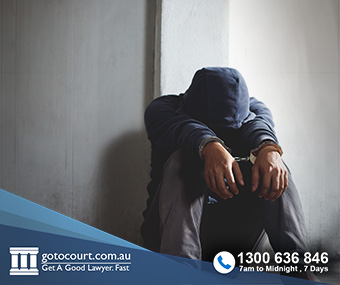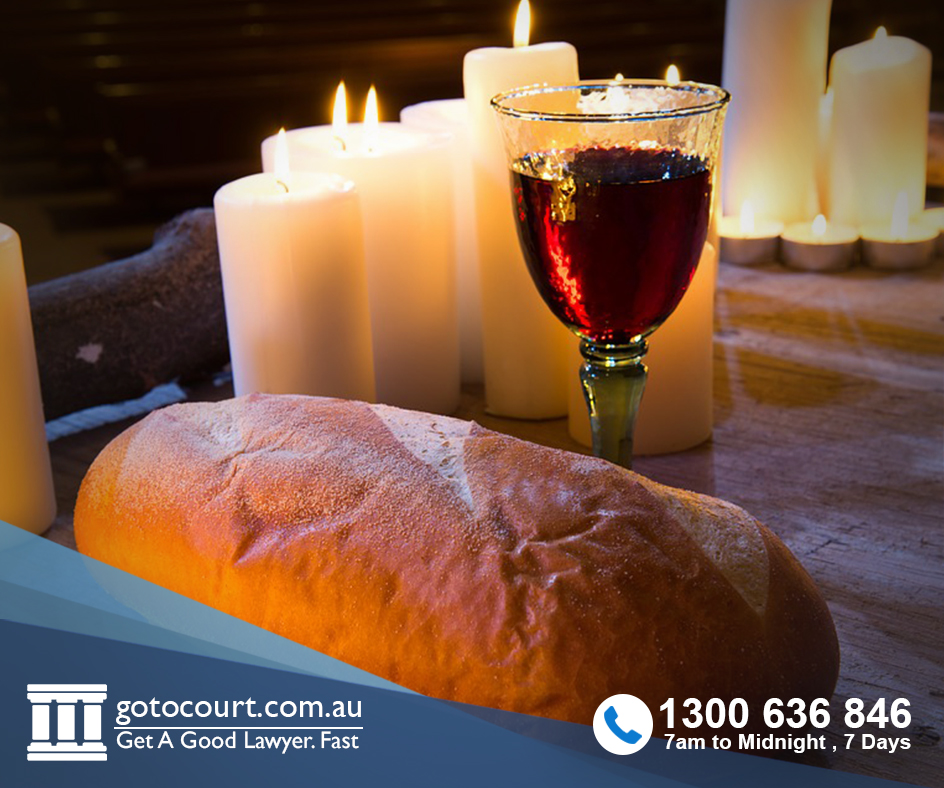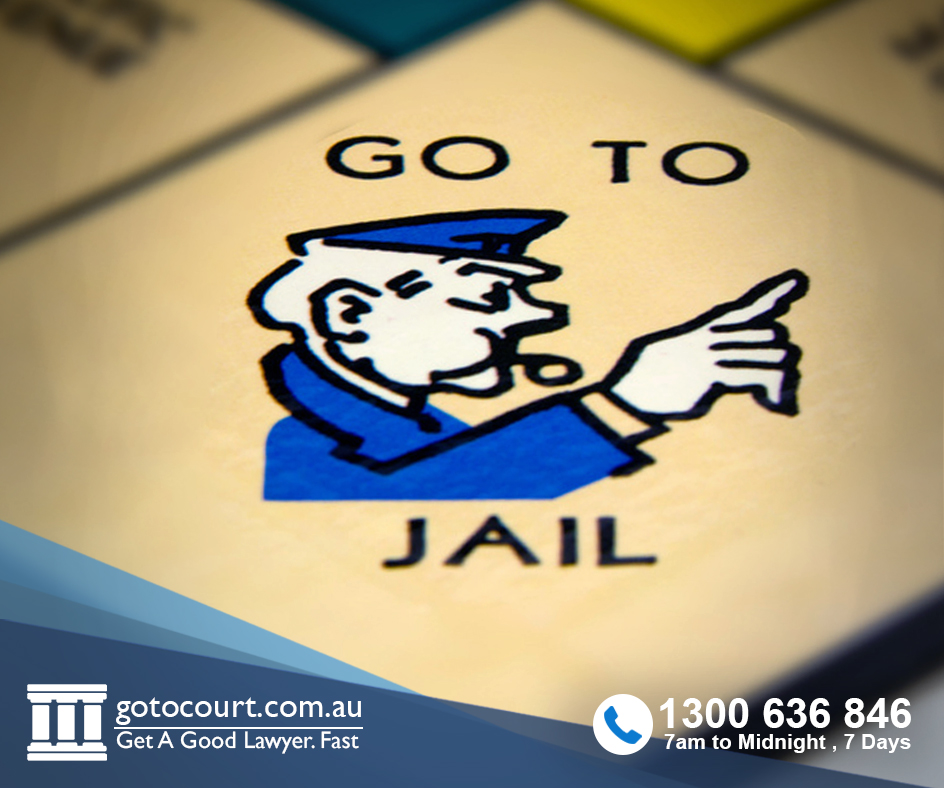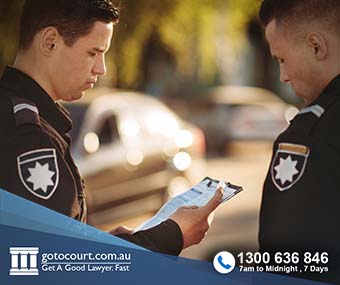The Defence of Duress (NSW)
The Defence of Duress (NSW)
Duress is available as a defence to most criminal offences in New South Wales. It is defined as an extremely serious threat to the accused which compelled them to perform acts that they would not willingly perform. The rationale for the defence of duress is that individuals should not be held criminally culpable for acts which they were coerced to perform by someone else. However, the defence of duress is rarely raised and difficult to make out.
Definition of duress
To secure an acquittal on the basis of duress, an accused must call evidence that:
- A threat of death or serious injury was made to the accused or a member of their family;
- The gravity of the threat was such that a person of ordinary firmness and of the accused’s sex and maturity would have yielded in the way the accused did;
- That the accused performed the alleged criminal acts because of the threat;
- The accused did not have the chance to render the threat ineffective.
Burden of proof
Once the defence raises the defence of duress, it is up to the prosecution to prove beyond a reasonable doubt that the accused was not acting under duress. This is called a reverse onus.
Intent
Where a defence of duress is made out, the accused will be found to have had the intent to commit the crime. However, he or she will be found not guilty because the intent was formed because of a threat.
Voluntariness
A defence of duress does not mean that the accused committed the act involuntarily. An accused who acted under duress acted voluntarily but under constrained circumstances. If the defence succeeds it does so because of
R v Abusafiah
The leading case on the defence of duress is the 1991 decision of Abusafiah. In that case, the accused was charged with robbery and claimed that he carried out the robbery under duress after a man threatened him with a gun. The accused claimed he feared the man would bash or kill him if he did not comply.
The court held that the relevant test in a case where the defence of duress is raised is whether the threat was of a magnitude that the accused could not reasonably have been expected to resist in the circumstances.
When is the defence of duress not available?
The defence of duress cannot be argued in relation to murder, attempted murder, or some forms of treason. However, the defence of duress can be argued in relation to manslaughter and all other criminal offences in New South Wales.
Commonwealth offences
Duress is available as a defence to all Commonwealth offences under Section 10 of the Criminal Code 1995 (Cth). The act provides that an accused is not guilty if they can establish that:
- A threat had been made that resulted in their will being overborne;
- A person of ordinary firmness and of the same age and sex as the accused would have yielded to the threat in similar circumstances;
- The accused had no reasonable way to avoid the threat.
When does a defence of duress fail?
A defence of duress will be unsuccessful if the prosecution can show that:
- No threat was made;
- The threat was not of sufficient magnitude;
- The threat was not continuing, imminent and impending at the time the criminal acts were committed;
- The accused did not reasonably apprehend that the threat would be carried out;
- It was not the threat that induced the accused to commit the crime;
- The accused voluntarily exposed himself to duress (for example, by joining a criminal organisation);
- The accused had the opportunity to escape or avoid the threatened conduct;
- A person or ordinary firmness would not have yielded to the threat.
If you require legal advice or representation in a criminal law matter or in any other legal matter please contact Go To Court Lawyers.

Affordable Lawyers
Our Go To Court Lawyers will assist you in all areas of law. We specialise in providing legal advice urgently – at the time when you need it most. If you need a lawyer right now, today, we can help you – no matter where you are in Australia.How It Works




1. You speak directly to a lawyer
When you call the Go To Court Legal Hotline, you will be connected directly to a lawyer, every time.

2. Get your legal situation assessed
We determine the best way forward in your legal matter, free of charge. If you want to go ahead and book a face-to-face appointment, we will connect you with a specialist in your local area.

3. We arrange everything as needed
If you want to go ahead and book a fact-to-face appointment, we will connect you with a specialist in your local area no matter where you are and even at very short notice.
























